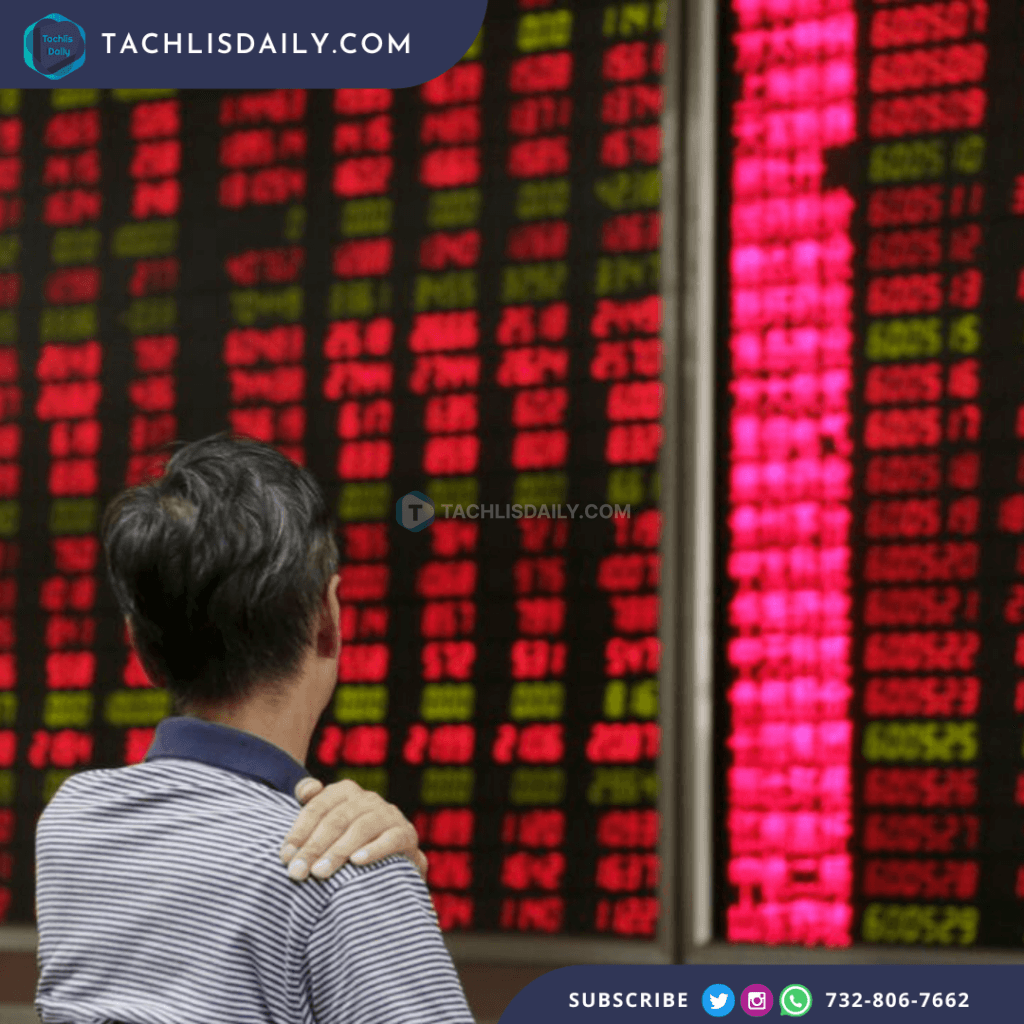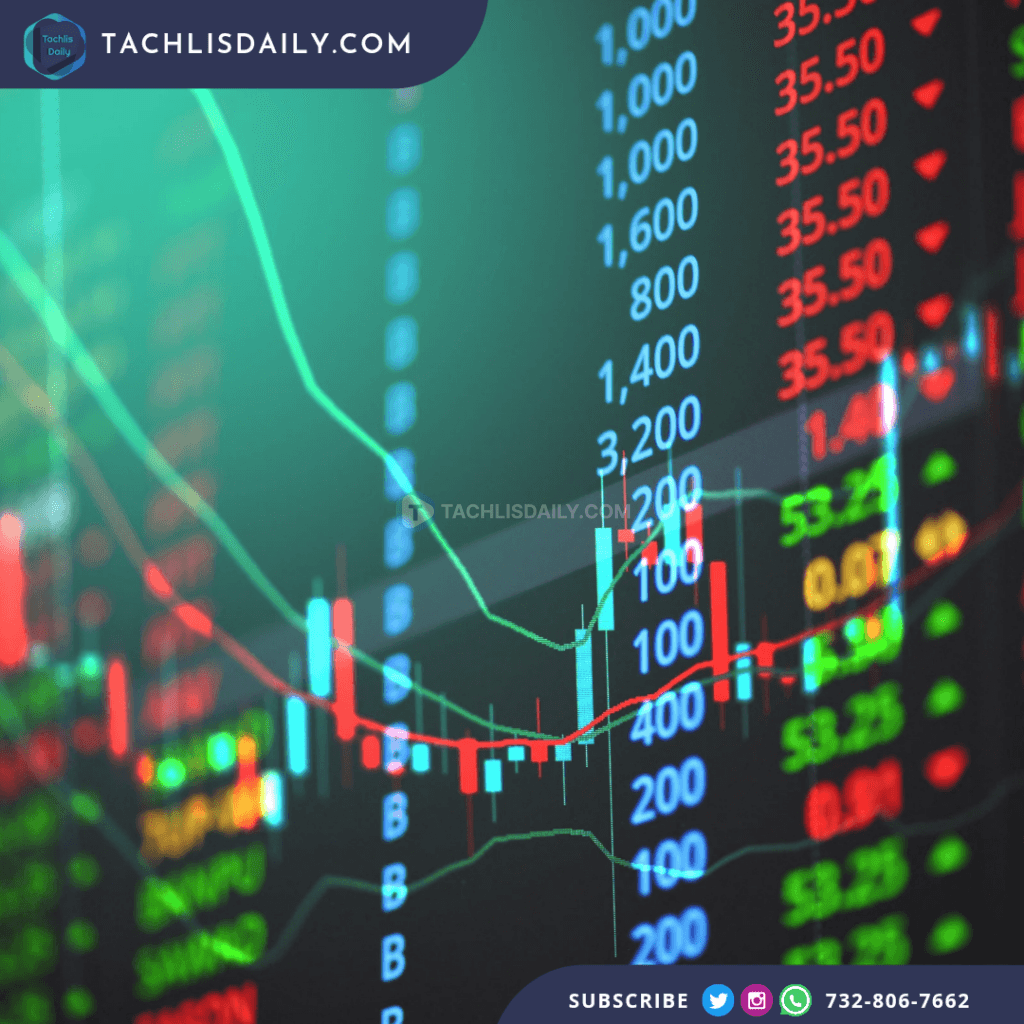On Tuesday, Hong Kong’s Hang Seng index experienced its steepest single-day decline since the 2008 financial crisis, plummeting 9.41 percent, or 2,172.99 points. This significant drop came in response to China’s National Development and Reform Commission unveiling a series of economic measures that failed to meet investor expectations for bold stimulus action. Investors had anticipated a large-scale spending package to revitalize China’s sluggish economy, which has been struggling with low consumer confidence and high youth unemployment since the end of the pandemic. However, the measures announced were more modest, including 100 billion yuan ($14.1 billion) in frontloaded spending from the 2025 budget and an additional 100 billion yuan for construction projects, well below the multi-trillion yuan stimulus many analysts had predicted.
The Hang Seng index had initially been buoyed by optimism about potential stimulus plans but sharply reversed course when the actual measures were revealed, leading to a widespread sell-off. China’s Shanghai Composite Index also saw initial gains of 10 percent shrink to just 3 percent by the end of the trading day. The disappointment reverberated beyond Asia, affecting global markets, with companies in Europe and the U.S. linked to China experiencing sharp losses. Estee Lauder’s stock dropped 4.4 percent, and Wynn Resorts saw a 4 percent decline as investor sentiment soured.
Despite the market turbulence in Asia, Wall Street remained relatively stable. The S&P 500 rose by 0.6 percent in morning trading, while the Dow Jones Industrial Average climbed 30 points (0.1 percent), and the Nasdaq composite was up by 1 percent. Investors in the U.S. appeared to be less rattled by the developments in China, maintaining a degree of confidence in the American market’s resilience.
China’s economic planning chief, Zheng Shanjie, maintained that the country is still on track to meet its annual growth target of around 5 percent, despite the current economic challenges and a “more complex and extreme” global environment. He acknowledged the difficulties the Chinese economy continues to face, including the lasting impact of the pandemic, and reassured that the government would continue to monitor the situation closely. Nonetheless, the scale of the measures left investors unconvinced, fueling concerns about China’s ability to fully recover without more aggressive interventions.
The economic slowdown in China, combined with the underwhelming policy response, has raised fears of broader consequences for the global economy. China’s role as a key player in global trade and its interconnectedness with industries worldwide mean that prolonged weakness in its economy could have far-reaching effects. For now, the Hang Seng index remains up from last week’s levels, but Tuesday’s record drop underscores the fragility of investor sentiment and the volatility that could continue to affect markets in the coming weeks.











